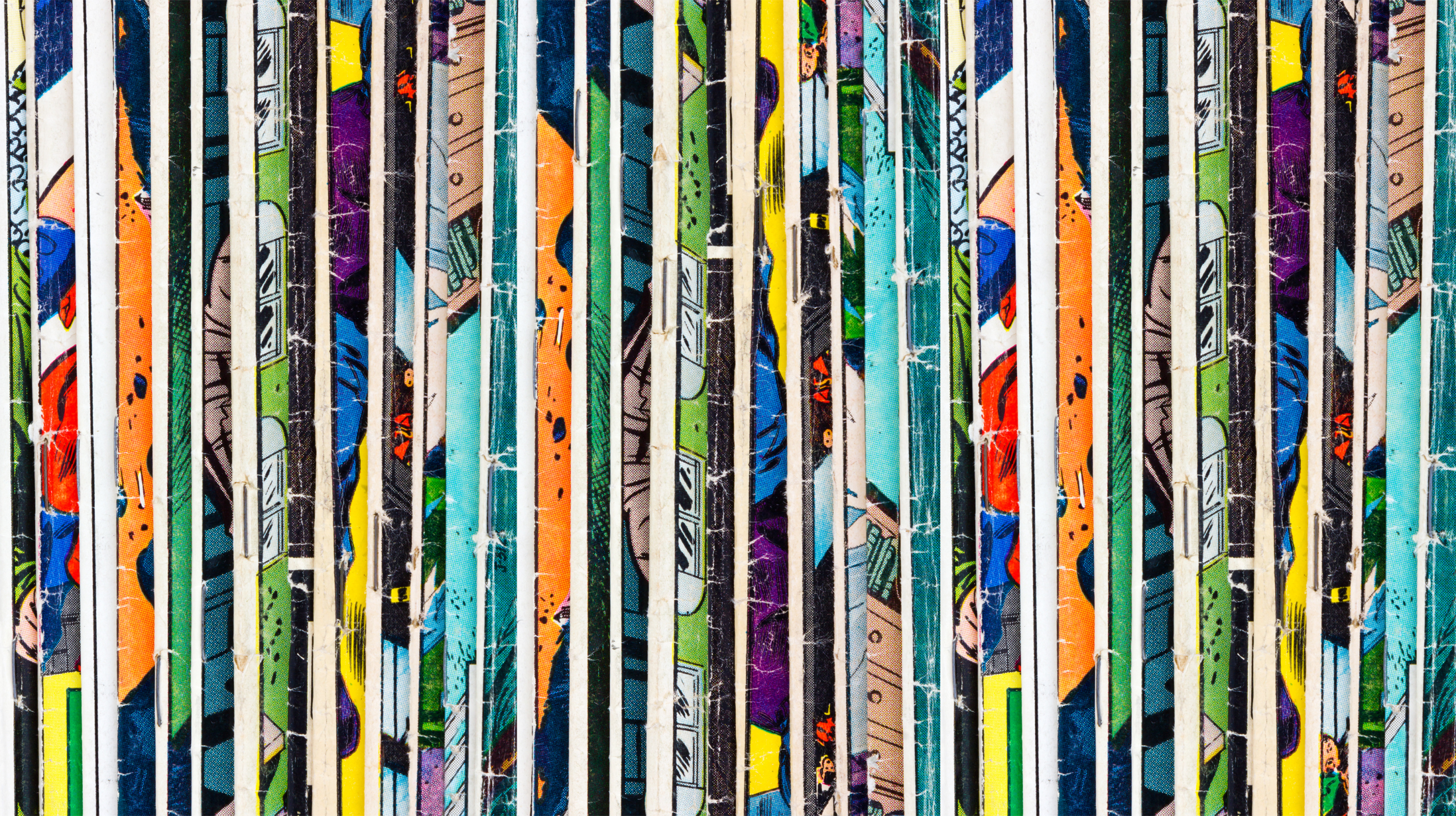“I sort of liken [Donald Trump] to the Joker in Batman,” said Joy Reid, an MSNBC host, in a recent appearance on Hardball. “The Joker’s whole life is about hating Batman, because Batman is everything he can never be—Barack Obama, people like Mitt Romney—”
“Who was the best Joker?” Chris Matthews, the host, broke in.
“Joaquin Phoenix,” Reid replied. “I have to say he was the best Joker, he really was.”
THE MEDIA TODAY: Michael Bloomberg gets a leg up
Heroes and villains make for entertaining and digestible television; they simplify a complicated world, and make it less frightening. The reduction of political actors to stick figures in a story of Good vs. Evil is a key part of what makes cable news tick.
From this angle, Reid’s observation seems apt. Nothing is easier than to equate Donald Trump with the Joker. Each is an unhinged character in a popular onscreen drama. But Joaquin Phoenix can’t fire real diplomats, betray real allies, assassinate real Iranian generals or imprison real children at the border. So it’s a bad idea for a journalist to mention Trump and the Joker in the same breath—likening real events and people to pretend ones has the effect of trivializing them.
MSNBC’s simplistic condemnation of Trump as a villain also elevates him as an antihero.
Reid’s comment reflects an idea that has been around for a long time. The late Neil Postman lamented that “the news is nothing but entertainment” thirty-four years ago, in his influential book Amusing Ourselves to Death. I don’t entirely agree with Postman’s dismissal of television as a whole—the medium can be and often is more intelligent, vital, and responsive than he supposed—but his contention that it’s turned our culture “into one vast arena for show business” is truer than ever.
Postman’s warnings have sounded new depths in our times. Another, greater, problem with equating Trump to the Joker on MSNBC is that the Joker is a sympathetic villain. Phoenix, in particular, plays the Joker as a sick, twisted criminal, but—crucially—one more sinned against than sinning. He’s a damaged and violent instrument poised to attack the very corruption that spawned him. Trump supporters in the conservative media have long encouraged the same narrative: they, too, portray Trump as a flawed man fighting in an ultimately just cause. That is literary analysis, not journalism, and it is producing a false picture of what is going on in Washington right now.
A number of early reviewers of Joker, the film for which Joaquin Phoenix just won the Best Actor Oscar, grasped this connection.
“Having won our sympathy through endless indignities, we begin to almost root for [the Joker] to lash out,” observed Jake Coyle in the AP. The New Yorker’s Anthony Lane wrote, “I happen to dislike the film as heartily as anything I’ve seen in the past decade, but I realize, equally, that to vent any inordinate wrath toward the film is to fall straight into its trap, for outrage merely proves that our attention has been snagged. Just ask the President of the United States.”
Reid inadvertently put her finger on her network’s greatest weakness. MSNBC’s simplistic condemnation of Trump as a villain also elevates him as an antihero. MSNBC’s Good vs. Evil stage set is even more pernicious than the lobotomizing idiot box Postman imagined decades ago.
The blazing simplicity of Trump’s no-moving-parts persona is made and remade for TV every day. Whatever your political stance, it’s always safe to disagree with Trump. He lies all day long about matters great and small, and everybody knows it. It’s safe to hold out the olive branch to Trump and his supporters just a little bit, too—it lends the speaker a glow of generosity, tolerance, and “balance.” (See Dean Baquet and Marty Baron’s recent appearance on Chuck Todd’s Meet the Press disinformation special, in which they agreed that Trump voters “are owed our respect.”)
Trump’s supporting villains in the MSNBC universe (or MSNBCU) include William Barr, Mitch McConnell, Rudy Giuliani, and Devin Nunes. They’re balanced out with supporting heroes like Adam Schiff, former US Ambassador to Ukraine Marie Yovanovitch, Lt. Col. Alexander Vindman, the Ukraine whistleblower, Robert Mueller, and a rotating cast of Democratic presidential hopefuls.
The network struggles with national figures who don’t fit into its binary world: neither Hillary Clinton nor House Speaker Nancy Pelosi, for example, can count on universal approbation. John Bolton, an uber-villain of the Bush years, shot suddenly to near-hero status when it looked as if he might testify against Trump in the impeachment proceedings, but has now plummeted more or less back into villainy. And then there is presidential hopeful Senator Bernie Sanders, who has been a source of panic and confusion as well as grudging approval on cable news for decades, and never more so than now.
Which brings us to the ultimate group of heroes anointed by MSNBC: its own stars, who occupy an Empyrean all their own at the highest reaches of political journalism. Cable news hosts necessarily struggle with the tension between their position as journalists and as oracular public figures. To what degree have Chuck Todd or Joe Scarborough come to see themselves as leaders or teachers rather than journalists—as Superman bursting out of the phone booth, rather than mild-mannered reporter Clark Kent?
RECENTLY: The Post‘s masthead will have to accept that it is not God
Maria Bustillos is the founding editor of Popula, an alternative news and culture magazine. Her work has appeared in the New York Times, The New Yorker, Harper’s, and The Guardian.

